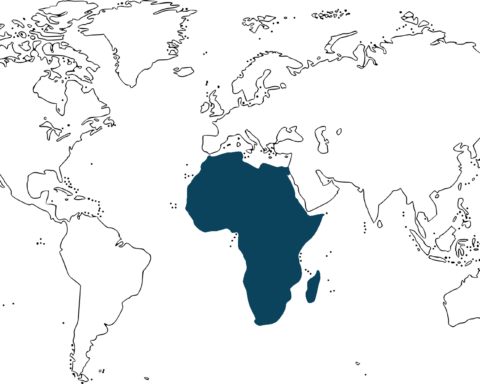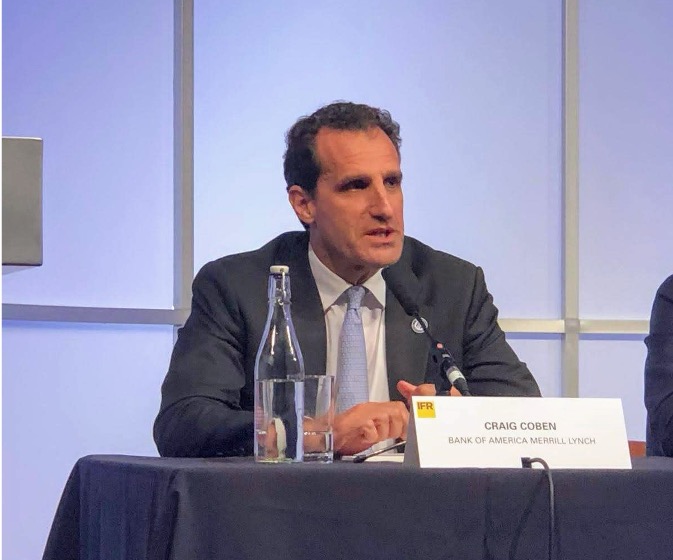The world in 2015 is in a difficult situation and the outlook for 2050 is mixed at best. Globalisation means that the world’s economic system operates primarily under supranational agreements and rulings, insufficient for a sustainable development. The situation is being exacerbated by the rapid growth in the global population towards 10 billion, and the hundreds of millions of people who are working hard to join those already pursuing resource-intensive lifestyles.
Sustainable solutions for the foreseeable challenges need to address the question of limiting the consumption of non-renewable resources and reducing the environmental impact while seeking a parallel solution to the global climate and energy problems from a worldwide perspective, as well as tackling the social aspect in its global form. The last point particularly concerns overcoming absolute poverty and hunger. Although technical progress alone may reduce substantially the environmental impact per unit produced (dematerialisation/increased eco-efficiency) and help to increase prosperity in absolute terms, the well-known “boomerang effect” (so-called rebound) means that it often leads to a greater overall impact on ecological systems and more, not less, inequality. In particular, always more “intelligent” computer systems, “BIG DATA” and analytics may obsolete hundreds of millions well paid jobs, based on high intellectual achievements and a good education. We find ourselves, therefore, in the same predicament as the sorcerer’s apprentice, lamenting: “The spirits I have cited my commands ignore”.
Taking this situation as our starting point, a look forward towards 2050 presents us, from the point of view of the Club of Rome, with three potential scenarios. Two are extremely threatening and cannot be reconciled with the principles of sustainability, namely ecological collapse or alternatively the emergence of a two-tier global society. The only way to achieve sustainable development and a balanced world would appear to be tight-knit international cooperation with the aims of prosperity for all and sustainability in the form of a global ecosocial market economy (e. g. green and inclusive global markets) as a viable alternative to today’s turbo and casino capitalism.
One key question is how likely it is that such a balance can be achieved. Are there hopeful signs? Certainly! For example, take the wide-ranging social progress that has been made since the Second World War, primarily in the developed world, but very much also elsewhere. Or the surprising closing of ranks among the OECD and G20 member states against aggressive tax planning and tax havens in the wake of the latest financial crisis. Hope is also provided by consumers and investors, who are increasingly reflecting global developments, focusing on more than just financial benefit and applying ethical standards in evaluating economic activity (so-called “moralisation of markets”). The latter development is closely linked to the serious efforts undertaken by many companies in the area of corporate social responsibility (CSR).
The main difficulty, however, is satisfying all of the demands that are emerging around the world within the existing global regulatory framework (the “rules of the game”, so to speak). This will require strong global growth over a number of decades – but, as we know already, this growth must be green and inclusive. In other words, growth that does not involve a further rise in the consumption of critical resources, that allows the 2°C climate limit to be upheld while enabling a move towards global social balance rather than a two-tier society.
Although this is a complex objective, the situation is far from hopeless. The goal is a challenging one, but one that we can still attain. However, this requires harnessing the best past experience in terms of what innovative technology and organisation can achieve. We need dramatic technical progress to produce better solutions, particularly in the area of green technology. More specifically, we need to increase the availability of energy throughout the world while using fewer resources, and in particular while significantly reducing the use of fossil fuels – and we need to achieve this at a reasonable cost in order to facilitate social inclusion globally. This is the key task in terms of technical innovation. However, the realisation of this programme requires the right price signals within the markets. None of this can be achieved if, all around the world, it pays to act in a manner that is incompatible with sustainability. Consequently, it should not be possible for companies to earn good money by contributing to the destruction of the environment at home or in other countries, by exacerbating the climate problem, by tolerating child slave labour at suppliers within their value chains, by circumventing the ILO’s social standards in this way, or by using globalisation as a means for aggressively reducing their tax bill. Many international corporations have done this with great success, with national budgets and the SME sector suffering further as a result – an entirely counterproductive development. Starting to make a difference in this area, i.e. by introducing innovations in global governance, is a difficult task – but certainly not a hopeless one. And it is successful companies in particular that can, and should, take up a position and go on the offensive.
The starting point for commitment on the part of companies is the wholly unsatisfactory situation in terms of the global development of sustainability. This situation means that companies are subject to growing pressure to make a major contribution to the development of sustainability in their own right. This is shaped by the main theorem of business ethics: “the systematic place of morality in a market economy is the framework”, and of corporate ethics: “in the case of deficits in the framework, responsibility for legitimation falls upon the companies”. As a result, companies are coming under ever-greater pressure. Their “licence to operate” is put under question. Something needs to happen. There is undeniable pressure on them to act.
As a result of these developments, companies are responding to market conditions by intensifying their commitment to sustainability. In some cases, their actions are also driven by an inherent motivation or because of what their owners want. This applies in particular to brand companies and many family-owned enterprises. Among other things, this is due to the name recognition and intrinsic value of brand companies and the corresponding expectations of customers and lenders, employees and suppliers, NGOs and the public – but self-motivation is often also a reason. Consumer behaviour is also directly noticeable. One particularly important consumer group in this respect is “LOHAS”, which describes a group of the population that is committed to a “lifestyle of health and sustainability”. Members of this group are generally well-educated, economically well-positioned people who like to consume but seek to avoid causing damage through their consumption. They want to be part of the solution, not part of the problem. Where problems are not resolved at a political level, they expect companies to step in (as per the main theorem of business ethics cited above).
All of this explains why companies are increasingly becoming involved in sustainability, whether as part of the UN Global Compact, the Global Reporting Initiative or their own CSR strategies. Companies around the world are becoming active in the fight against poverty and for environmental protection, reducing and reporting on their carbon footprint, and striving to make a varied contribution to protecting the climate and the environment.
This is, however, not enough. Still, competition puts limits on voluntary actions by companies, when regulation is insufficient. Competition does not help in this respect, because primarily, it focuses on efficiency. But the issue is effectiveness, in our case effectiveness in reaching sustainability, overcoming poverty and staying within the 2°C-target. Here, the situation is like in sport: competition takes care of performance, but whether the game is soccer or rugby or basketball is an issue of rules, not of competition.
At the ceremony for the 2013 German Sustainability Award, Björn Stigson, formerly President of the World Business Council for Sustainable Development, had some words to say on the matter: “We do what we can to promote sustainability, but we have reached a limit. We are reaching a point where the regulatory conditions will need to improve in order for us to continue – which is something that is urgently required. Without structural change, there will be little room for further improvement on the part of companies.”
Companies and citizens, particularly good educated people and high income customers have a role in this – as catalysts for better politics. Not forget, sustainability is worthwhile already today – at least to a certain degree. For brand companies, it is not only worthwhile, but necessary to perform successfully in the market and retain the “licence to operate”.
Going above and beyond this requirement is a different matter, and one that depends on the adequacy of the company’s business model and the long-term nature of their approach. Of course, companies cannot be expected to do everything that observers and other stakeholders might wish them to do in order to secure sustainability for the world. But there is a great deal they can do – and they always more often are acknowledging their responsibility and doing exactly that. Taking again the comparison to sports. While “playing” under competition the game as it is, companies have to join civil society and politics to ask for the right rules for global markets that is they have to contribute to changing the rules. Good global governance and adequate economic and financial rulings are at the core of a sustainable future.







